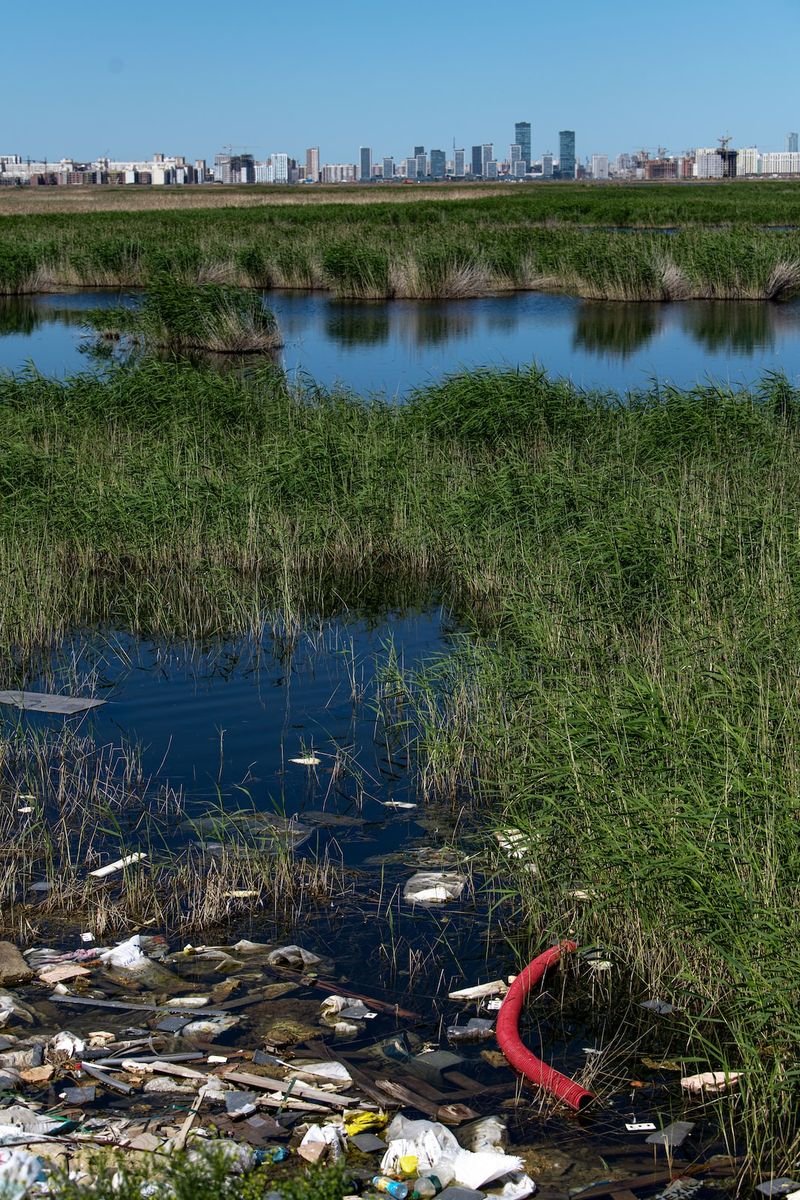The lack of consensus on the treaty further highlights the complexities surrounding environmental treaties, which often require the adoption of ambitious green policies and the balance of diplomatic interests. The world’s track record on environmental agreements is mixed. For instance, the 1987 Montreal protocol, which controlled the production of substances that deplete the ozone layer, relied on mandatory control and is considered the most successful environmental treaty of all time. The voluntary nation-by-nation approach of the 2015 Paris Climate Agreement has so far fallen short of its carbon emission reduction targets. The U.S. government, which is a leading plastic producer and a top exporter of plastic trash, has not been immune to the influence of business interests in determining its volunteer-centric position on plastics.
Recycling and reuse fall short “of what we need to reduce plastic production, which is going to be fundamental to the success of this treaty. We cannot meet our objectives if we keep producing more and more plastic,” says John Hocevar, oceans campaign director at Greenpeace USA. Other groups are making a range of suggestions specific to their causes. For instance, the International Council of Beverage Associations wants a treaty that incentivizes recycling and reuse while the UN’s own Food and Agriculture Organization stressed the need to reduce plastic use in agriculture, fishing, aquaculture, and forestry. The FAO recommended international requirements for recycling and controlling microplastics and suggested policies providing incentives to encourage alternative products and processes.
It is time for countries to set aside diplomatic interests and take urgent action to address the plastic waste crisis. A strong, legally binding international agreement focused on reducing plastic production and pollution is necessary for a sustainable future. This treaty should incentivize recycling and reuse but not rely on those measures alone, as they fall short of what is needed to reduce plastic production. Additionally, the treaty should consider bans on non-recyclable additives that harm human health and the environment, forbidding or restricting some of the most common products that litter the Earth, such as plastic eating utensils and packaging, and implementing mandatory controls on plastics production. We cannot afford to wait any longer to save our planet from the toxic plastic waste crisis.

<< photo by OSPAN ALI >>